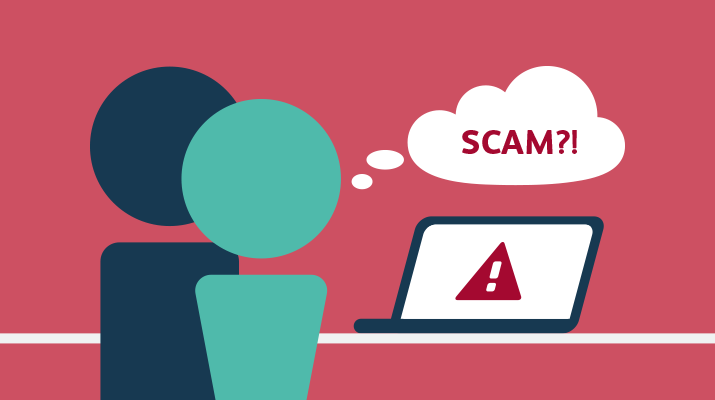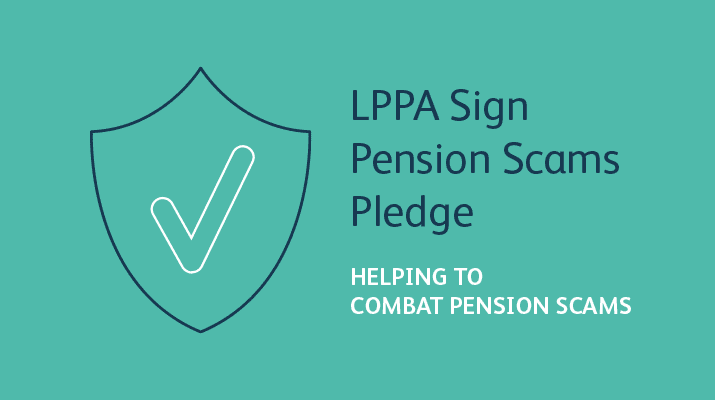Economic uncertainty and the cost-of-living crisis is leaving savers increasingly vulnerable to pension scammers, with recent research revealing that one in four people are now at risk of being scammed.
Here are seven tell-tale signs of a scam with some useful tips on how to keep scammers at bay:
- You’re contacted by someone about transferring your pension, or carrying out a pension review, but you were not expecting their call, text or email – remember, pension cold-calling is illegal, so just hang up the call or ignore the text or email and delete it.
- The contact details you’re given, or those on the company’s website, are only mobile phone numbers or a PO box address – remember, every legitimate company should have a full registered address and phone number.
- A firm that contacts you claims to know of tax loopholes or promises extra tax savings if you transfer your pension – remember, you’ll always pay tax on your pension unless you earn or receive less than £12,570 a year.
- Lots of people or firms are involved in your pension transfer – realistically, the more people who are involved in transferring your pension, the less likely it is to be legitimate.
- A firm gets in touch with you about transferring your pension and offers high returns on your investment, but claims it’s low risk – remember, investments can go up and down, so this is unlikely to be true.
- You’re asked to send your documents by courier to transfer your pension – if a company tries to speed up the process, there’s a chance they just want to get access to your money quickly, before you change your mind.
- A firm warns you that your current provider will try and stop you transferring your pension, suggesting that they want to keep your money – remember, all administrators, including LPPA, need to do thorough pension transfer checks as part of new government rules and regulations. This is to help protect you and your money.
Worried you've been contacted by a scammer?
Always report suspicions of a pension scam to Action Fraud.
You can also report any scam concerns you have to The Pensions Regulator and the Financial Conduct Authority.
Getting financial advice
Remember, it’s important to get independent financial advice from a firm regulated by the FCA before you make any decisions around transferring your pension. It’s also worth shopping around to get the opinion of a few advisers.
You can find regulated financial advisers in MoneyHelper’s Retirement Adviser Directory.
You might also be interested in our previous article, Seven top tips to avoid being the victim of a pensions scam.



